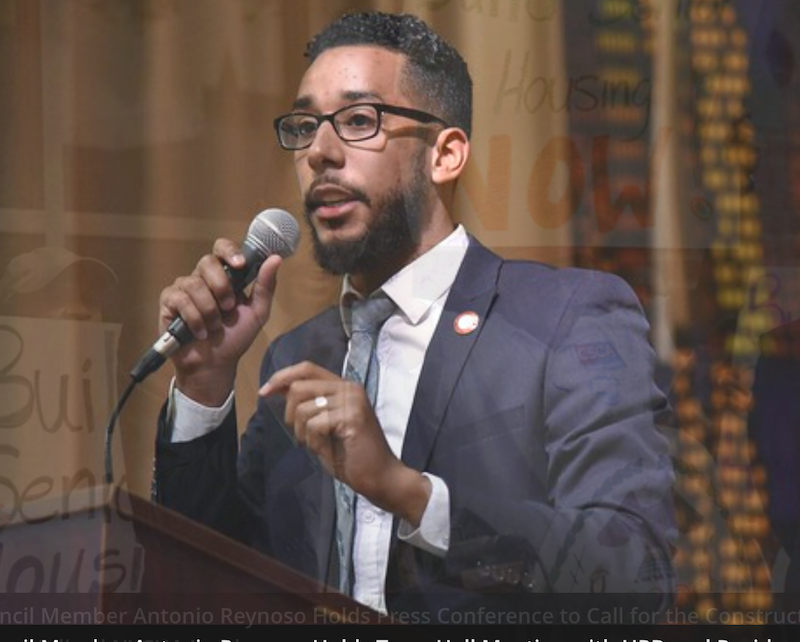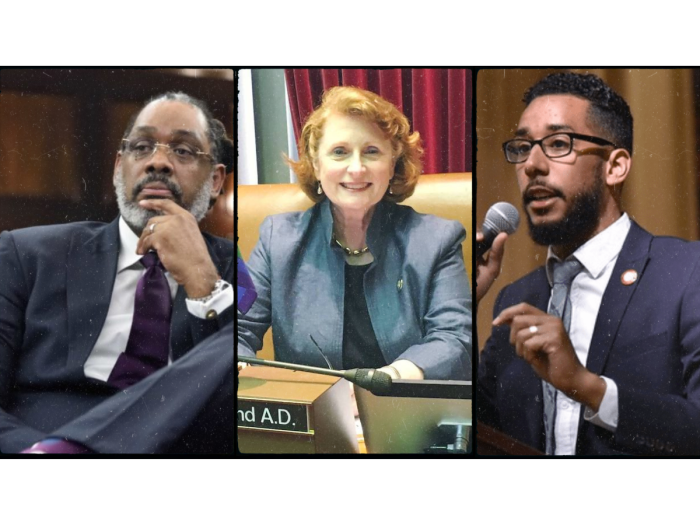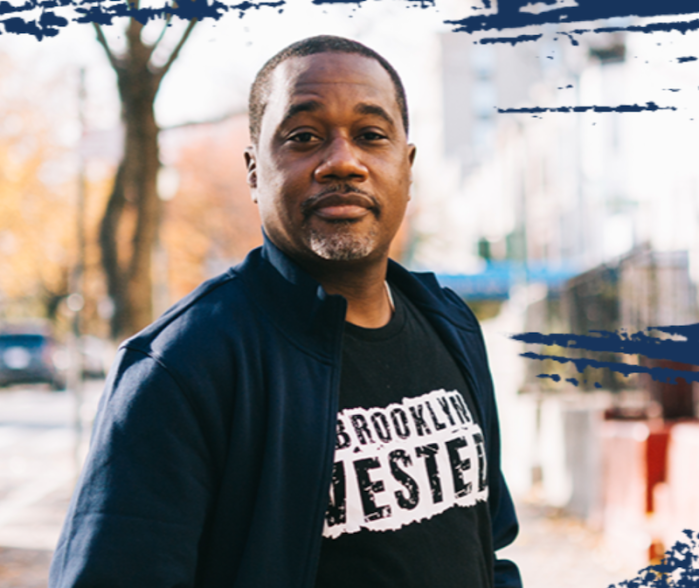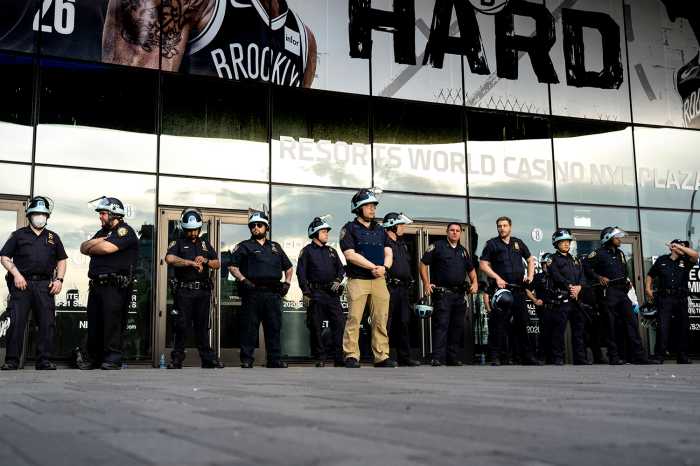City Councilmember Antonio Reynoso (D-Williamsburg, Greenpoint), 37, is one of the front runners to succeed term-limited Brooklyn Borough President and expected mayoral candidate Eric Adams in next year’s BP’s race.
Reynoso was born and raised in the Los Sures section of Williamsburg to immigrant parents from the Dominican Republic. Reynoso graduated from LeMoyne College with a bachelor’s degree in political science. He cut his political teeth first as a community organizer for NYC ACORN, and in 2009 became former City Councilmember Diana Reyna’s Chief of Staff. He then succeeded her after she was term-limited out of office in 2013.
Reynoso has already raised $104,742 for the race, second to only City Councilmember Robert Cornegy Jr. (D-Bedford-Stuyvesant, Northern Crown Heights) who has raised $192,557. However, whereas Cornegy has already spent much of this money, Reynoso still has a leading $81,435 in his campaign war chest.
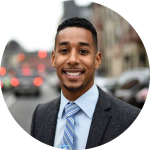
Reynoso is also something of a protege of U.S. Rep. Nydia Velazquez (D-Brooklyn, Queens, Lower Manhattan). He is considered very progressive and to the left, and both progressive Public Advocate Jumaane Williams and Democratic Socialists of America State Sen. Julia Salazar (D-Bushwick, Cypress Hills, Greenpoint and Williamsburgh, with parts of Bedford-Stuyvesant, Brownsville, East New York) recently endorsed him.
KCP recently sat down with Reynoso at the Yemen Cafe on Atlantic Avenue, where we asked him the following five questions.
KCP: What will we find out about Antonio Reynoso as the next Borough President?
Antonio Reynoso (AR): The first thing you will find out is I bleed Brooklyn. I feel like we’ve got to bring some of that Marty Markowitz back. We need a cheerleader, somebody who actually cares about this city. I think what we’ve had is a mayor and people that do not have that love and passion for what New York is, but especially Brooklyn. I want to bring a little bit of that cheerleading back and show how great we are. I think we should be the progressive capital of the world and show that we are.
That’s part of what I want to be doing. But I also want to affect change in a meaningful way. Part of what I want to do is comprehensive planning. What is Brooklyn going to look like in ten years and how is everyone going to contribute. Not just Black and Brown communities but communities all throughout Brooklyn.
We have to talk about resiliency along the shoreline from north to south. Everybody has to be included and that hasn’t happened. You have Atlantic Avenue which runs through four council districts and eight assembly districts, and we’re building Atlantic Avenue in piecemeal instead of having one comprehensive vision of what Atlantic Avenue looks like throughout Brooklyn. That’s the kind of vision I want to brings. So that is what you will see from me. And because I was born and raised in the Southside of Williamsburg this is all I know. Brooklyn gave me everything and I’m ready to give back to it.
KCP: There are some questions concerning perceptions that you are anti-development. Can you address being pro-business and pro-development and how that works in with more of a what progressives and socialists hkcall a “people-powered” narrative?
AR: I think the issue we have when it comes to development is all process. I think the ULURP [Uniform Land Use Review Procedure] process that we have is very flawed. The land use and review process we have in the city is one that alienates the community right off the bat by having the developer impose their project as how we initiate the conversation. If there was a way to allow for the vision to be set by a community that can help with laying the foundation for how developers move forward, I think there will be less tit-for-tat – us versus them. We need something that makes the community feel like they’re actually involved and I think that happens with comprehensive planning.
And I actually pushed for a change with the [city] Charter Revision Commission for a comprehensive change in planning so that North Brooklyn understands exactly how South Brooklyn contributes to the greater good for building affordable housing, and how park space in Central Brooklyn is limited so we should be talking about how to expand that. Or the transportation issues we have in Bensonhurst or Canarsie. We should be dealing with that. How can we expand transportation overt there? But we’re not having that conversation. It’s like every man for themselves.
Every elected official lives in their individual city and I want to break from that. It isn’t about being one Brooklyn because there’s different worlds and different parts of Brooklyn, but it’s about working together and we haven’t done that yet and I feel like I’m going to do that and it’s going to be good for development. You look at my comprehensive planning framework that I put out with [Manhattan] Borough President Gale Brewer. Our white paper speaks to how this actually helps development not hurt it but it has to be done in the right way and now we don’t have a process to do it that right way.
KCP: What are the three pieces of legislation you were the lead on that you are proudest of in your tenure as City Councilmember?
AR: The one I’m most proud of is I went into the City Council as an Environmental justice advocate. My district had the third-highest rate of asthma, the third least amount of park space and we handled 40 percent of the city’s trash. So my goal was to come into the city council and limit the amount of trucks that were running through my district. We were able to do that with waste reduction legislation where we were able to cut the capacity of trash in my district from 40,000 to 20,000 tons. That was a 50 percent cut. So we reduced miles and trash in the district and that was one my proudest moments in the city council.
Another one was the police reform legislation. I was stopped and frisked several times and now knowing that it was illegally done. I never knew who these police officers were and it felt like my dignity was stripped away by the way these officers were. So I went and it was something I wanted to take on and I did through the Right to know legislation, It very difficult to pass especially at a time when the mayor did very little to support police reform legislation, but we got it done.
And the last thing is this outdoor dining. I’m really proud that during this crisis, I was able to think outside of the box to provide a way to help these struggling businesses. We are who we are because of the businesses and economic development around this city. Brooklyn especially, when we talk about where we’re eating we’re the center of restuarants. Every culture is here in Brooklyn and I don’t want that to die. I don’t want just generic McDonalds and Taco Bell all over the place. I want our local shops to have the opportunity to thrive and that’s why I did this.
KCP: Looking into next year, it looks like the citywide elected officials are going to be facing a fiscal crisis period with revenue down and a large budget deficit. How would you as borough president handle this crisis?
AR: I think what the city is missing most is leadership. It’s people that care so deeply about this city that they want it to succeed. That they will do anything they can to make it happen. I want to work with the next mayor. I want to work with all the borough presidents. I want to work with all the elected officials. I want to work together to actually solve the crisis that is COVID and the crisis of leadership that we have in the city. So I’m not here to break down and destroy. I’m here to build. When I first ran for office, the most common question I was asked was can you build coalitions? That was the most important thing for everyone and I said I can and I want to continue to prove that I can. So when I become borough president I want to bring people together and affect change in a meaningful way and build us out of this crisis we’re in. So again, you’re gonna see a builder from me somebody that wants to see us succeed and I’m going to do that at any cost.
KCP: You’re a South Williamsburg kid. What do you say to Sheepshead Bay and Manhattan Beach residents to assure them you care about their issues as well?
AR: I think it’s important for them to know that I don’t think there is a one Brooklyn. There is intersectionalities. There are different peoples and cultures in Brooklyn. What’s good for us in North Brooklyn isn’t necessarily good for folks in South Brooklyn. But I want them to know I will take the time to listen to their needs and address the issues that are important to them.
I care about transportation. I care about bikes and we take care about alternative transportation, but that’s not a reality in Sheepshead Bay. There no trains and very few buses and people that need to drive, but I want to build out transportation. I want to show then we can do better with buses. I want to eliminate this isolation in every single part of Brooklyn. So what they will get from me is somebody who will listen to them and address their needs but who has a bigger vision and I’m hoping they can be a part of it. So its gotta go both ways. I’m gonna listen to them and I hope they hear my vision for Brooklyn and that they buy into it.


